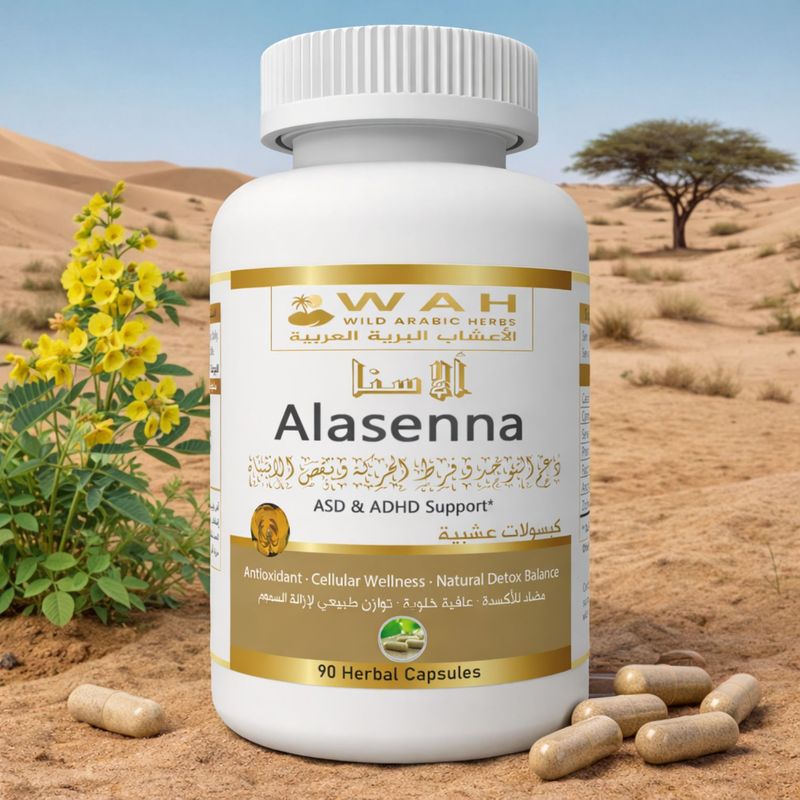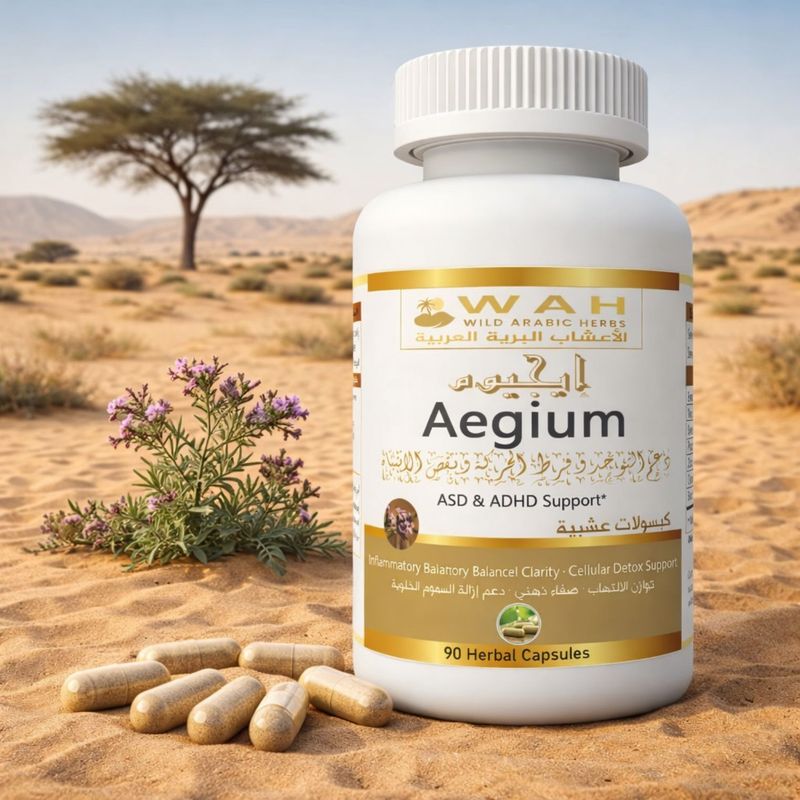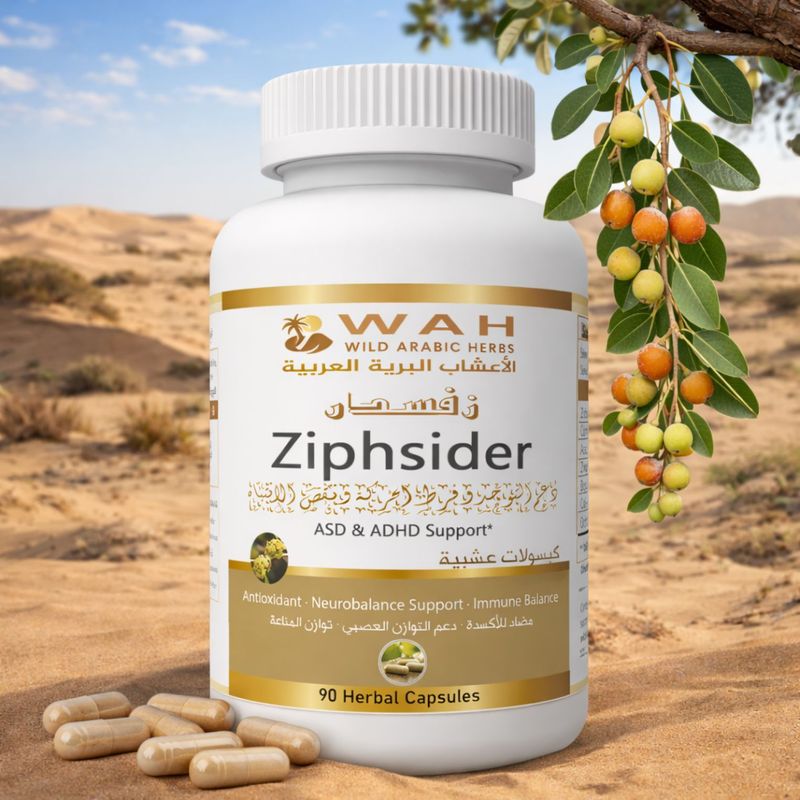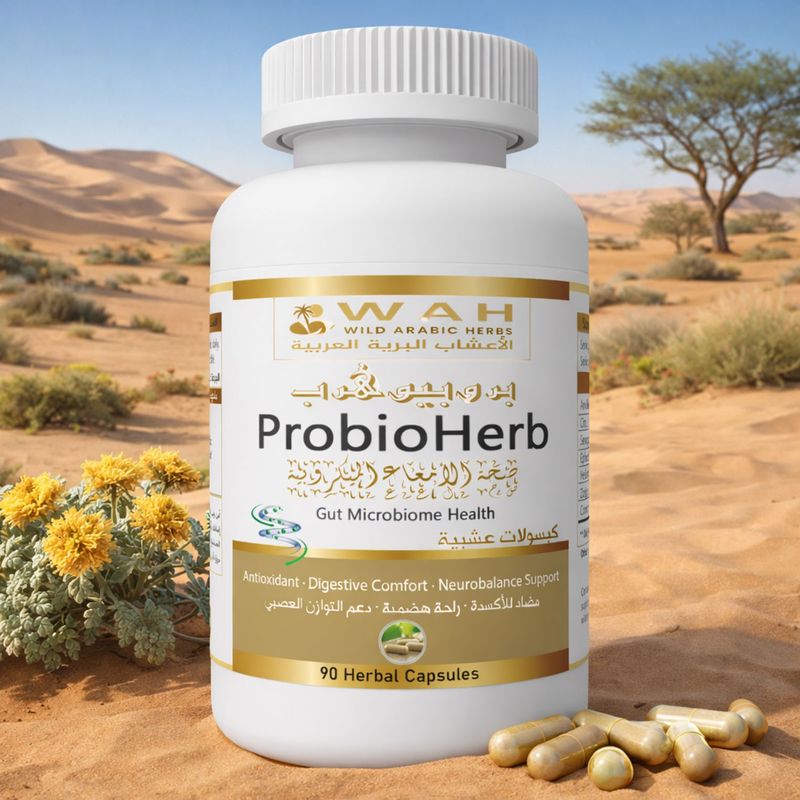Autism Support (ASD)
The Potential of Desert Herbs in Supporting Children with Autism Spectrum and Neurodevelopmental Conditions
In recent years, scientific research has provided increasingly consistent evidence regarding the psychopharmacological and neurotherapeutic potential of desert plants. These botanical organisms, which develop under extreme climatic conditions, synthesize bioactive compounds with neuroprotective, antioxidant, anti-inflammatory, and neurotransmitter-modulating properties. Such characteristics give them an important role in supporting children with various neurodevelopmental disorders.
Spectrum of Disorders Addressed
In the field of pediatric neurohealth, the use of these plants has been explored in supporting children with:
- Autism Spectrum Disorder (ASD)
- Attention-Deficit/Hyperactivity Disorder (ADHD), including predominantly inattentive, predominantly hyperactive-impulsive, and combined presentations
- Tourette syndrome
- Intellectual disabilities and learning difficulties
- Behavioral and communication disorders
- Delays in language and speech development
These disorders are often interconnected and require a multidimensional approach, where support through original, minimally processed natural agents represents a promising complementary strategy.
The integration of desert plants into the management of neurodevelopmental disorders not only offers possibilities for improving children’s developmental outcomes but also contributes to easing the emotional and social burden experienced by parents.




